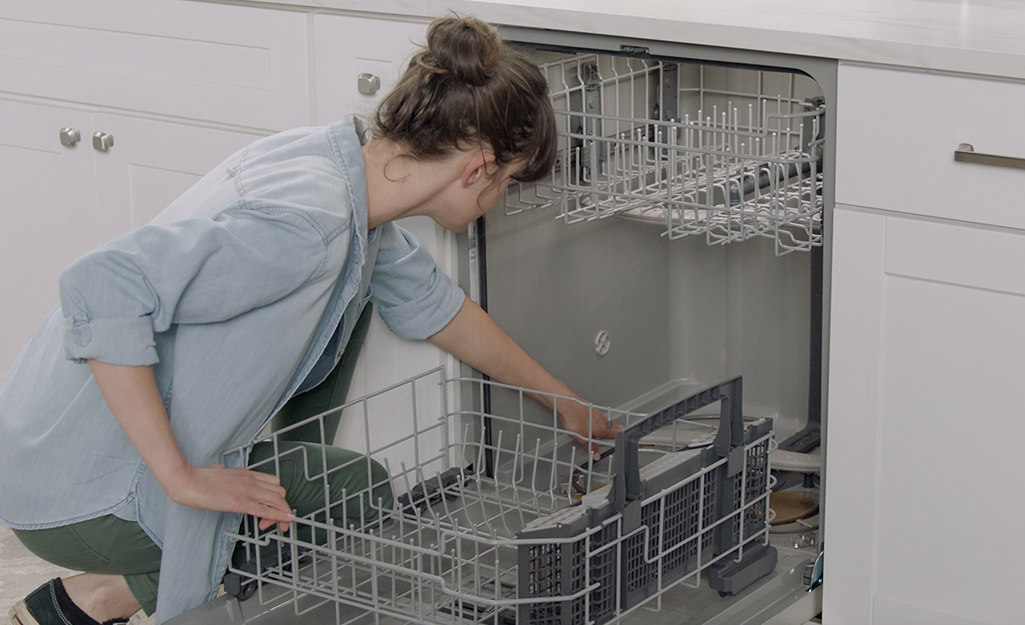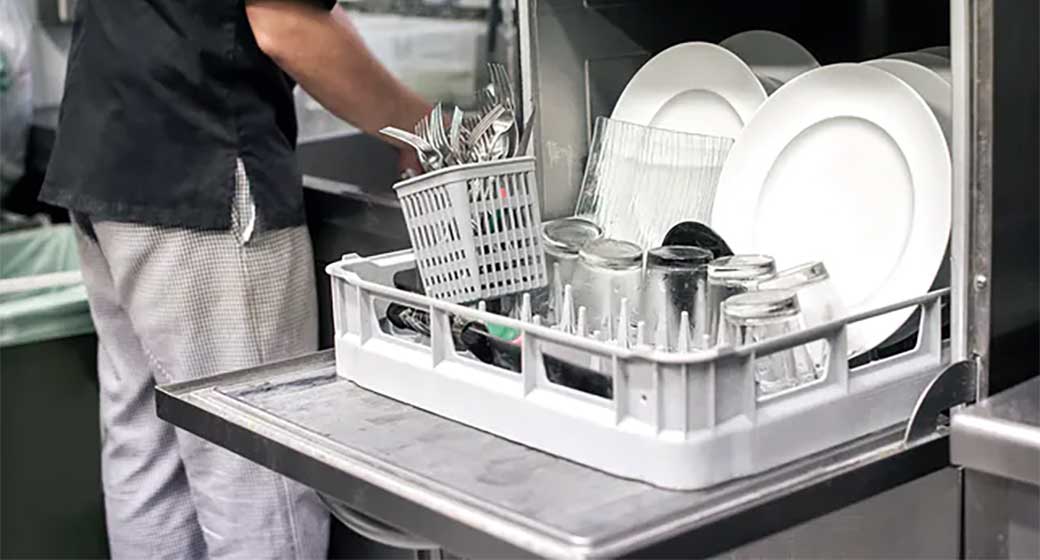On this page in the next paragraph you can find a bunch of great information and facts on the subject of How to Troubleshoot & Repair a Dishwasher.

Having your dishwasher malfunction or malfunction can be a big deal as well as create some discomfort in the house. Dishwashers are makers that we make use of to clean meals and also cutleries immediately to conserve us the stress of by hand doing it.
Like every other equipment that relieves human effort, dish washers can break down and develop some fault eventually in time. There are numerous mistakes your dish washer can develop, as well as while a few of them can be fixed by changing some parts or fixing them, various other extra severe problems will certainly call for that you obtain a new dishwashing machine.
This post will certainly identify a few typical mistakes your dish washer can develop to hinder its general efficiency and also just how these faults can be resolved.
Typical Mistakes
Typical dish washer mistakes could vary from small to major ones. Depending upon the degree, you will certainly either need the services of expert plumbing professionals to fix or replace it.
Some of the most usual mistakes include:
Leaky Dishwashing machine
This is most likely one of the most day-to-day dishwasher problem, as well as fortunately is that it is very easy to recognize. Leaks occur because of a number of factors, and also the leakages can ruin your kitchen. Common causes of dishwashing machine leaks include;
Bad-Smelling Dishwashing machine
This is another common dish washer problem, and it is mostly brought on by food debris or grease remaining in the device. In this instance, try to find these particles, take them out and also do the meals without any recipes inside the device. Wash the filter extensively. That will assist eliminate the negative smell. Make certain that you remove every food fragment from your meals prior to transferring it to the machine in the future.
Failure to Drain
Occasionally you may see a big quantity of water left in your tub after a clean. That is most likely a water drainage issue. You can either examine the drain tube for damages or clogs. When doubtful, call a professional to have it examined as well as fixed.
Does unclean properly
If your recipes and flatwares come out of the dish washer as well as still look dirty or dirty, your spray arms may be an issue. In many cases, the spray arms can obtain clogged, as well as it will need a quick tidy or a replacement to work effectively once again.
Conclusion
A few of these common dishwashing machine mistakes can be repaired conveniently in your home, yet sometimes, the mistakes could be huge and also may need the focus of specialists. If you reside in Rochester, Syracuse, and various other parts of America, let the experts properly identify what could be wrong with your dishwashing machine and extend a solution.
We likewise mount dishwashers if you simply acquired a new one or mean to change your own. With our several years of experience in the sector, we are sure to provide you the most effective feasible services.
8 Most Common Dishwasher Problems & How to Fix Them
My Dishwasher Isn't Draining
If your dishwasher isn't draining properly, you may be having an issue with your dishwasher's drainage system. This can be caused by a variety of issues:
Clogged drain: The dishwasher's drain may be clogged with food particles or other debris. Malfunctioning pump: The dishwasher's pump is responsible for moving water through the system and out of the drain. If it's damaged or not working correctly, it could cause a drainage failure. Broken or clogged hose: The dishwasher's drain hose may be broken or clogged, causing water to back up in the system. How to Fix Dishwasher Not Draining
Check the drain for any blockages. A clogged or kinked hose will prevent water from properly draining out of the dishwasher. Use a plunger or a pipe snake to clear any debris that may be blocking the drain. Check the dishwasher's pump for damage or malfunction. Consult the manufacturer's manual or call a professional appliance repair service if you think the pump may be the issue. Check the drain hose for any damage or blockages. The hose should be straight and free of any debris or kinks. Check the drain pump filters for any blockages if the hose is clear, but the dishwasher is still not draining. Some dishwashers have filters that can become clogged with food particles or debris. Cleaning or replacing the filters may help resolve the issue. Run a dishwasher cycle to make sure the water is properly draining out. My Dishwasher Is Leaking
A leaking dishwasher can be frustrating. There are a few possible causes that you can investigate to try and diagnose the issue:
Inspect the dishwasher for any visible signs of damage or wear and tear. Look for cracks or holes in the door and around the rubber seal. Check the hoses and pipes connected to the dishwasher for any signs of leaking. If there is no visible damage, you may hear the sound of water dripping or the sound of the water pump running. This might mean a problem with the water inlet valve or the drain pump. You may also notice a puddle of water on the floor near the dishwasher. This could indicate a blocked drain hose or a faulty drain pump. Finally, check the seals around the door and the door for any signs of damage, wear and tear, or improper installation. If any of these issues are present, they must be fixed immediately to avoid further water damage. How to Fix a Leaky Dishwasher
Identify where the leak is coming from. The most common places for a dishwasher to leak include the door, hoses, and pump. If the leak is coming from the door, the gasket or seal may need to be replaced. If the leak is from the hose or pump, the damaged parts should be replaced with new ones. Finally, check all the connections and make sure they are secure and not leaking How to Fix a Dishwasher That Won't Start
The perfect remedy for a dishwasher that won't start is confirming all the components are in perfect working order and that the wiring is in good condition. Next, inspect the motor and replace it if necessary.
If these steps do not resolve the problem, contact a professional appliance repair technician to diagnose and fix the issue.
Conclusion
Most dishwashers are reliable appliances with a long lifespan. As with all devices, checking your dishwasher regularly will help you quickly identify any issues and ensure that it is running efficiently.
And if you're in the market for a new dishwasher, don't let dishwasher problems ruin your day. Upgrade to a reliable, efficient model today! Check out our full selection of top-quality dishwashers that includes a range of styles and features to suit any budget and household needs.
https://www.coastappliances.ca/blogs/learn/common-dishwasher-problems

We hope you liked our section on Common Dishwasher Problems. Thanks for spending some time to read through our blog. Feel free to take a moment to share this blog if you appreciated it. Many thanks for going through it.
Request An Estimate